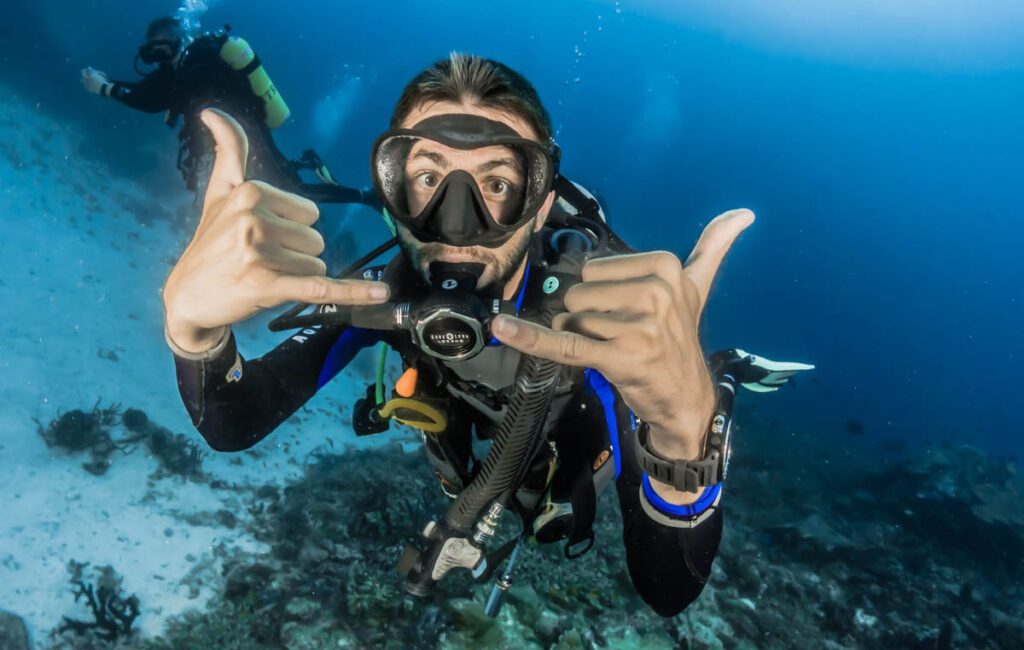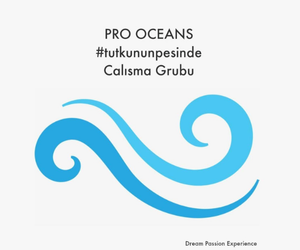If you are anything like me, you probably got into diving because you love the ocean and enjoy sharing that passion with others. But passion alone does not always pay the bills. Whether you are working independently or as part of a team, running a dive instruction business comes with real-world challenges — fluctuating seasons, price-driven competition, student retention, and the ever-present pressure to stay relevant.
I have been there — standing on the beach wondering how to fill next month’s schedule. So, if you are asking yourself what you can do to improve your business, here is what I would tell you, as a friend and fellow pro who has been through the ups and downs.
Start by Looking at What Makes You Different
There are plenty of instructors out there. The question is, why should someone choose you?
This is not about certifications or agency names. It is about your approach. Maybe you offer smaller class sizes with more personal attention. Maybe your background includes marine biology or photography. Maybe you just have a calm, patient style that puts nervous students at ease. Whatever your edge — build around it.
Don’t try to be everything to everyone. Be good at something people care about and sets you apart.
Polish Your Online Presence
Let us be honest — the first thing most people do when they think about learning to dive is Google it. If your online presence is outdated, unclear, or non-existent, you are missing out.
You do not need to spend a fortune. A clean website that is mobile-friendly, loads quickly, and clearly explains what you offer is enough. Make it easy for people to contact you or book online. Add genuine testimonials, photos of real students, and a bit of your story — let people get to know the person behind the regulator.
Social media? Yes, but use it with purpose. Share short clips of student moments, local marine life, or tips for beginners. You do not need to be a content machine — just stay visible and human.
Word of Mouth Still Matters
Instructors often forget how powerful a satisfied student can be. If someone has a great experience with you, they are likely to tell their friends — but they may need a nudge.
Offer a simple referral reward, even if it is just a discount or a free fun dive, or a big thank you on Social media. Encourage happy students to leave an honest review online. These little actions build trust faster than any advertisement ever could.
Build Partnerships, Not Just Customers
You are not on an island — unless you are on an island! Either way, partnerships are gold.
Talk to local accommodation providers, hostels, or eco-tour operators. Offer commission or package deals. Work with conservation groups, local aquariums, or even universities. If your dives or courses align with a cause or local experience, they become more than just training — they become memorable.
These partnerships are not just about sales. They put your name in front of the right people — businesspeople, travelers, students, and locals.
Create Clear Pathways for Your Students
Getting someone into an Open Water course is one thing. Keeping them in the sport is another.
Many divers stop after their first certification simply because no one explained what comes next. Make sure every student knows their next step. Offer them a clear path forward — advanced courses, specialties, dive clubs, trips, or gear advice.
Better yet, create packages that include follow-up dives or bundled courses. Show them the journey ahead, not just the starting point.
Add Value — Not Just Price Cuts
It is tempting to lower your prices when competition gets tough, but long-term, that is a race to the bottom.
Instead, focus on value. What do students get when they dive with you? It could be extra practice time, better briefings, high-quality rental gear, or simply more attention and care. Never underestimate a debriefing after a dive. A course dive or a social dive, I will spend time with the group and go through the dive explaining to the divers what we saw, interactions, the diversity of life underwater and when training, how we can improve the dive is broken down into detail, making it interesting and giving pointers on what we look out for on the next dive. This is my trademark and what I am known for. Yes – simple – but very effective.
You are not a commodity. You are a professional teaching a life skill. Leading divers who may be your next students, price accordingly — but deliver more than expected.
Keep Learning Yourself
The best instructors I know never stop learning. Not just diving skills, but business skills too.
Take a crossover to an agency like DiveISC if it gives you more freedom, no administration paperwork and great support. Attend workshops. Watch how others teach and learn from every student interaction. Your growth shows in your teaching — and students’ notice.
Build a Community, Not Just a Customer List
One of the best things I ever did was start a local dive group — nothing fancy, just monthly shore dives or coffee meetups.
People want connection. They want to belong. If your business feels like a tribe rather than a transaction, they will stay with you. And they will bring their friends.
Be Honest With Yourself
Finally, take time to reflect. What is working? What is not? Are you enjoying it? Burnout is real in this business. Sometimes a few tweaks — or a bold shift — can reignite the spark and open new doors.
You do not need to become a marketing guru or open a mega shop. You just need to care — about your students, your craft, and your vision.
If you do that consistently, your business will grow — not just in numbers, but in meaning.
THE SCUBA NEWS Link !
DemirHindiSG 17 Temmuz 2025-15:59




